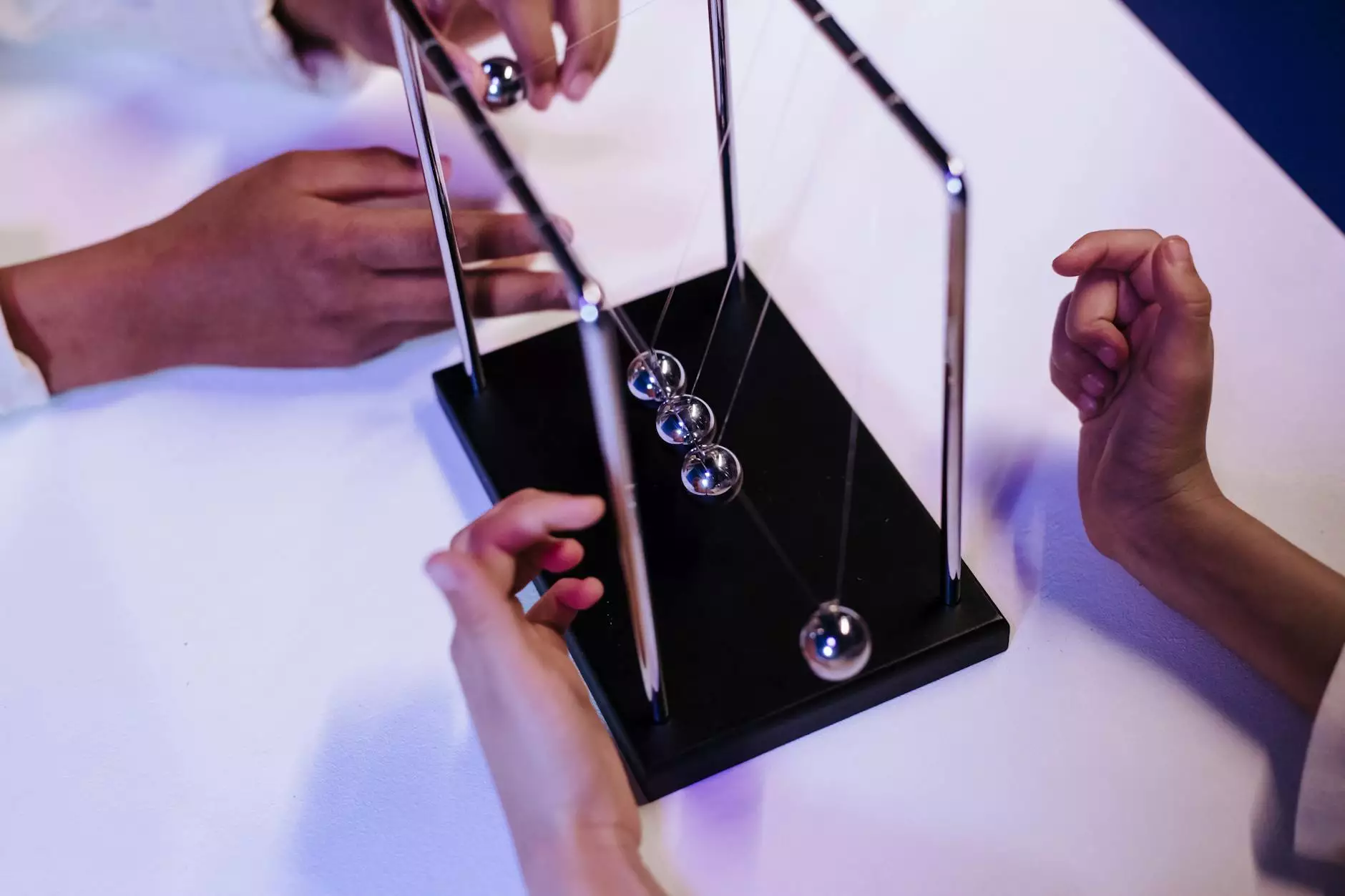The Essential Role of Neurosurgical Instruments in Modern Medicine

In the world of healthcare, particularly within the domain of surgery, neurosurgical instruments hold a pivotal position. These specialized tools, tailored for the delicate structures of the nervous system, are indispensable for neurosurgeons in performing intricate procedures. This article delves into the various types of neurosurgical instruments, their applications, the advancements in technology that enhance their effectiveness, and the significance of maintaining the highest quality standards in their production and use.
Understanding Neurosurgical Instruments
Neurosurgical instruments are specifically designed tools used by neurosurgeons to diagnose, treat, and perform surgeries on the brain and spinal cord. The precision required in these procedures necessitates the use of high-quality instruments that provide reliability and accuracy. Common types of neurosurgical instruments include:
1. Scalpels and Knives
- Scalpels: These are used for making incisions in the scalp and skull, enabling access to the underlying structures.
- Neuro Knives: Specialized knives for precise incisions without damaging surrounding tissues.
2. Forceps
- Neurosurgical Forceps: Designed to grasp delicate tissues, these tools come in various shapes and sizes to accommodate different surgical needs.
- Bayoneted Forceps: Utilized for deep access, these forceps enhance visibility and maneuverability.
3. Clamps and Scissors
- Hemostatic Clamps: Critical for controlling bleeding during surgery.
- Neurosurgical Scissors: Used for cutting brain tissue and sutures, they are designed for optimal precision.
4. Retractors
- Spinal Retractors: These retractors are essential for maintaining an open field and allowing access to the spinal area.
- Cranial Retractors: Designed to stabilize the skull and ensure a clear view of the brain.
5. Suction Devices
- Neurosurgical Suction Devices: These instruments help clear blood and fluids from the surgical site, providing visibility and reducing surgical complications.
The Importance of Quality and Precision in Neurosurgery
The quality of tech used in operating rooms directly impacts surgical outcomes. Today's neurosurgical instruments must be made using materials that ensure durability and precision. The intricate nature of the brain and spinal cord makes effective surgical intervention a matter of life and death, necessitating the use of instruments that can achieve precise results without further complications.
Manufacturers are now investing in advanced technologies, such as 3D printing and robotics, to enhance the design and accessibility of these essential tools. This advancement not only boosts the surgical precision but also facilitates personalized tools tailored for specific surgeries, ultimately improving patient outcomes.
Innovation in Neurosurgical Instruments
As the field of neurosurgery evolves, so does the technology behind neurosurgical instruments. Here are a few groundbreaking innovations that have recently transformed surgical practices:
1. Robotics and Automation
Robotic-assisted surgeries enhance precision and reduce recovery times. Neurosurgeons employ these technological solutions to perform complex procedures with minimal invasiveness, which is advantageous for the patient.
2. Image-Guided Surgery (IGS)
Modern neurosurgical procedures often incorporate image-guided technology, allowing surgeons to visualize and navigate through the brain and spinal cord with remarkable accuracy, minimizing risks associated with these operations.
3. Advanced Materials
Innovative materials such as biocompatible polymers and anti-bacterial coatings for surgical instruments are making surgery safer and enhancing the longevity of surgical tools.
Training and Skill Acquisition for Neurosurgeons
The complexity of using neurosurgical instruments necessitates extensive training and skill acquisition for neurosurgeons. Here we explore how neurosurgeons can develop the abilities required to handle these intricate instruments:
- Fellowship Programs: After completing medical school and residency, neurosurgeons can enter fellowship programs dedicated to enhancing their surgical skills.
- Simulation Training: Utilizing simulators mimicking real operating conditions allows neurosurgeons to practice without risk to patients.
- Continued Education: Ongoing education is vital in keeping up with advancements in both techniques and surgical instruments.
Challenges Facing the Neurosurgical Field
Despite the advancements in neurosurgical instruments and techniques, the field still faces several challenges:
1. Cost of Advanced Equipment
Many healthcare facilities struggle with budgeting for the latest technology, which can be prohibitive in providing the highest level of care.
2. Shortage of Skilled Professionals
The demand for qualified neurosurgeons often exceeds supply, leading to longer wait times for patients and increasing the pressure on existing professionals.
3. Complexity of Cases
As the population ages, the prevalence of neurological conditions increases, presenting neurosurgeons with more complex cases that require heightened skills and innovative tools.
Future Directions for Neurosurgical Instruments
Looking ahead, the future of neurosurgical instruments appears promising, with several trends shaping their development:
- Personalized Medicine: Tailoring surgical instruments to individual patients based on their anatomy.
- 3D Printing: Custom instruments and implants designed on-demand for specific surgical needs.
- Telemedicine: The integration of remote consultation mechanisms may provide support to surgeons during procedures.
Conclusion: The Crucial Role of Neurosurgical Instruments in Healthcare
In conclusion, neurosurgical instruments are essential for successful neurosurgical interventions. Their design, quality, and technological advancements play a crucial role in improving patient outcomes and enhancing neurosurgeons' capabilities. As we continue to embrace innovation within the healthcare sector, the importance of investing in high-end, reliable surgical instruments cannot be overstated. By ensuring that neurosurgeons are equipped with the best tools available, we contribute significantly to the future of medicine, setting a solid foundation for improved surgical practices and patient care.
For more insights into the use of neurosurgical instruments and other medical supplies, visit new-medinstruments.com, your trusted partner in health and medical supplies.









